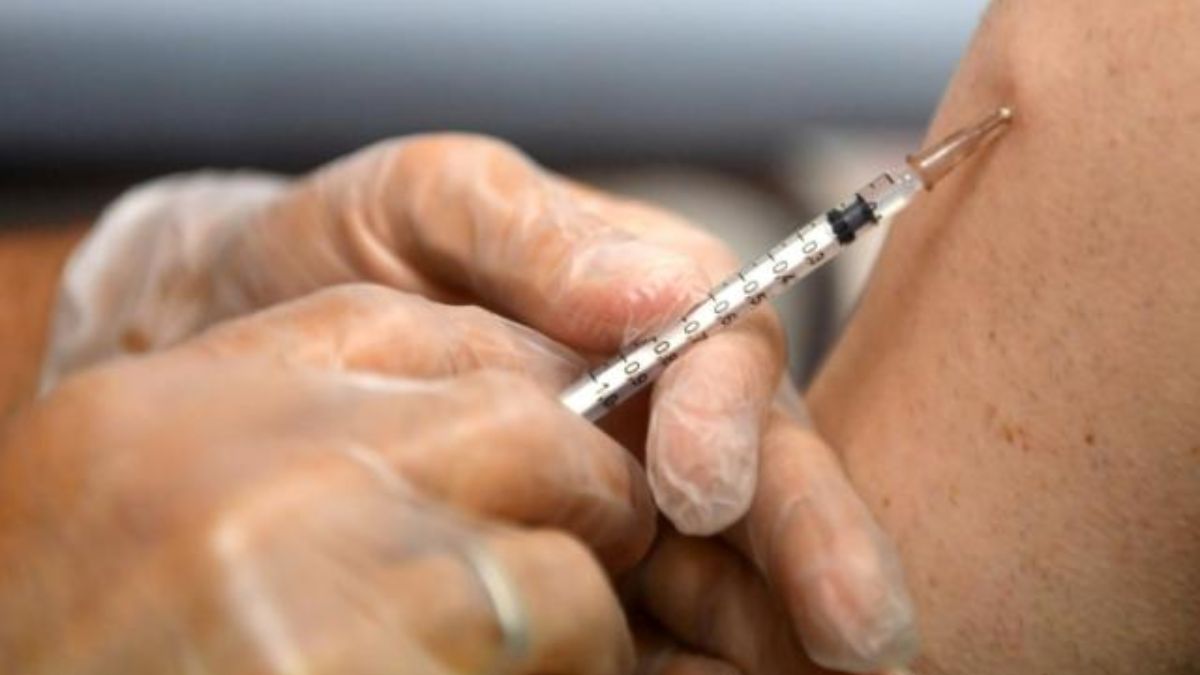Health Minister Ong Ye Kung has raised concerns about the potential for mpox cases to surface in Singapore due to the country’s extensive international flight connections. Despite the immediate risk being classified as low, Ong emphasized that Singapore’s connectivity makes it a likely entry point for the virus, particularly as mpox continues to spread rapidly in Africa.
Speaking at an Employment and Employability Institute (e2i) event in Sembawang on Saturday, Ong noted that while Singapore does not currently have direct flights to the affected regions in Central and East Africa, the virus’s global spread means the city-state could see cases soon. “The situation is very worrying,” Ong said. “Given our flight connections, it is probable that Singapore will be among the first places to detect mpox cases outside of Africa.”
The World Health Organization (WHO) recently declared the mpox outbreak in Africa an emergency. The European Centre for Disease Prevention and Control (ECDC) has also warned of a high likelihood of imported cases into Europe. The outbreak in the Democratic Republic of Congo, where the endemic clade I strain is spreading, has resulted in over 15,600 potential cases and 548 deaths this year. New variant clade Ib, which is more contagious and primarily affects children, has also emerged.
Ong highlighted that Singapore had recorded ten cases of mpox as of July 27 this year, all linked to the milder clade II strain. In 2023, there were 32 cases in total. The Ministry of Health (MOH) confirmed that all cases in Singapore thus far have been of the less severe strain, and that precautionary measures are in place.
Singapore’s health authorities are closely monitoring the global situation and are prepared to increase surveillance at borders if mpox spreads to Europe and the Middle East. Measures include enhanced screenings for travelers and vigilant contact tracing to manage potential cases effectively.
Ong advised Singaporeans to continue their daily lives while remaining aware of the mpox situation. He encouraged anyone experiencing symptoms such as fever or rash to isolate themselves, consult a doctor, and inform close contacts to minimize the spread of the disease.
The MOH has also emphasized its readiness to manage mpox infections, with a robust healthcare system capable of diagnosing and treating cases. All travelers are required to report any mpox-related symptoms and travel history through the SG Arrival Card to facilitate early detection at Singapore’s borders.
With mpox strains varying in severity, Ong noted that clade II has a lower fatality rate of approximately 0.2%, while clade I and clade Ib have higher rates of 3.5% to 4% and 0.7%, respectively. He expressed hope that Singapore’s advanced healthcare system would help mitigate the impact if cases were to arise.
While the risk remains low, Singapore is proactively preparing for the potential arrival of mpox by enhancing surveillance, improving border controls, and ensuring public health readiness to manage and contain any future outbreaks.

